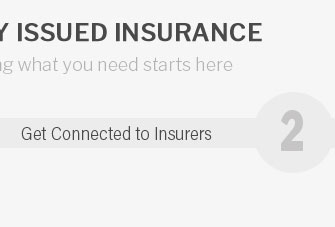 |
 |
 |
|---|
 |
 |
 |
 |
|---|
 |
 |
 |
 |
 |
 |
|---|

Understanding Low-Income Car Insurance in Texas: Key Features and HighlightsIn the vast and diverse state of Texas, car ownership is often not a luxury but a necessity, and finding affordable car insurance is a crucial aspect for many low-income families striving to make ends meet. In this context, understanding the nuances of low-income car insurance becomes pivotal, as it offers a safety net for individuals who might otherwise struggle to maintain the legally required coverage. Low-income car insurance in Texas is designed to cater to the unique needs of those on a limited budget, ensuring that financial constraints do not become a barrier to compliance with state laws. While Texas does not offer a state-sponsored low-income auto insurance program, there are various strategies and options available to help reduce costs. One of the primary features of low-income car insurance is its focus on essential coverage. Many insurers provide minimum liability coverage plans that meet the state's legal requirements, ensuring that drivers are protected against potential lawsuits and damages resulting from accidents. It's noteworthy that these plans are often designed to be affordable without compromising on the necessary protections. For individuals seeking to minimize their insurance expenses, understanding the factors that affect premium costs is crucial. Key determinants include the driver's age, driving history, and the type of vehicle insured. Additionally, residing in certain areas within Texas can influence premiums due to varying levels of traffic density and accident rates. In this regard, insurers often offer discounts to low-income drivers who maintain a clean driving record, highlighting the importance of safe driving practices. Another significant aspect of low-income car insurance is the availability of discounts and special programs. Many insurance companies provide specific discounts for students, seniors, and military personnel, which can be particularly beneficial for low-income individuals. Moreover, some insurers offer usage-based insurance, where premiums are based on driving habits, allowing drivers who use their vehicles infrequently to save significantly.
In conclusion, while the journey to securing low-income car insurance in Texas may seem daunting, it is not without solutions. By understanding the available options, taking advantage of discounts, and maintaining a good driving record, low-income individuals can navigate the insurance landscape effectively. The ultimate goal is to ensure that everyone, regardless of income level, can access the protection they need to drive with peace of mind on Texas's roads. http://txlowcostinsurance.com/
(281) 941-2863 Looking for affordable TX insurance? Texas Low Cost Insurance has you covered. Instantly compare rates at multiple companies! Click or Call. https://www.moneygeek.com/insurance/auto/low-income-car-insurance-texas/
Texas Farm Bureau offers the cheapest low-income car insurance, with rates starting at $25 monthly. Find out if you're overpaying for car insurance below. https://www.insurance.com/auto-insurance/low-income-car-insurance-texas/
Texas doesn't have a low-income car insurance program, but you can find the cheapest car insurance in Texas with Texas Farm Bureau.
|
|---|